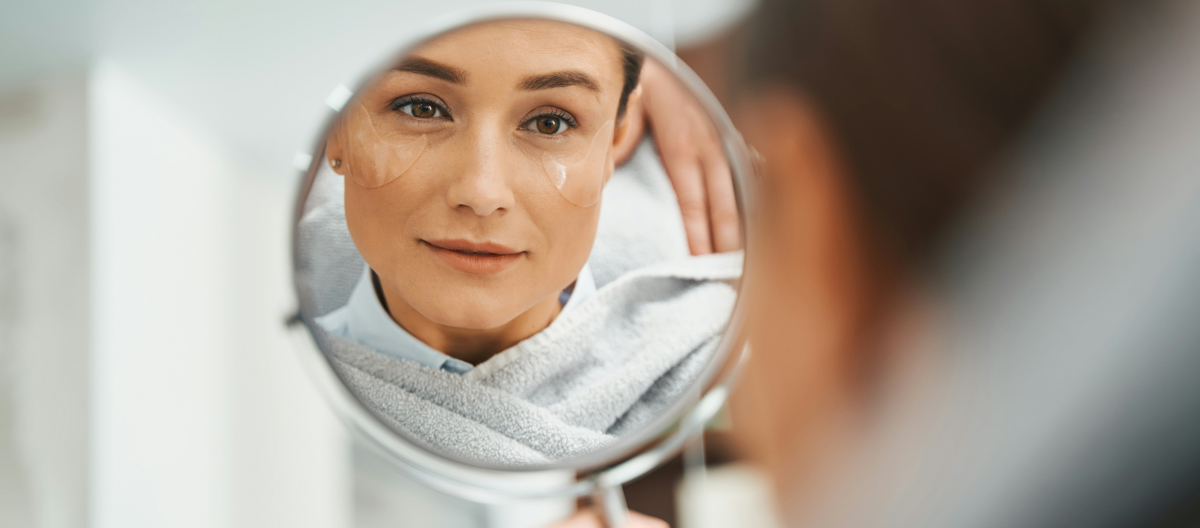Skin microbiome is a complex ecosystem of bacteria, fungi, and other microorganisms that live on the skin’s surface. These microorganisms play a crucial role in maintaining skin health, protecting against harmful pathogens, and supporting the skin’s barrier function. A balanced skin microbiome contributes to clear, hydrated, and resilient skin, while an imbalanced microbiome can lead to skin issues such as acne, eczema, and irritation. Here’s how to maintain a healthy skin microbiome:
Use Gentle, Microbiome-Friendly Cleansers
Harsh cleansers can strip the skin of its natural oils and disturb the balance of the microbiome. Opt for gentle, sulfate-free cleansers that cleanse without disrupting the skin’s pH or depleting its natural protective barrier. Micellar waters or oil-based cleansers are often microbiome-friendly options, as they cleanse effectively while preserving the skin’s moisture.
Avoid over-cleansing, which can lead to dryness and imbalance. Cleansing once or twice a day is sufficient for most skin types.
Avoid Over-Exfoliation
Exfoliating the skin too often or using harsh exfoliants can disrupt the skin’s natural microbiome by removing healthy bacteria along with dead skin cells. Instead, opt for mild exfoliants like lactic or polyhydroxy acids, which gently exfoliate while respecting the skin’s microbiome.
Limit exfoliation to 1-2 times a week and pay attention to how your skin responds. If it becomes red or irritated, reduce the frequency.
Moisturize with Skin Barrier-Friendly Ingredients
A well-moisturized skin barrier supports a healthy microbiome by providing an environment where beneficial microorganisms can thrive. Look for moisturizers that contain ingredients such as ceramides, hyaluronic acid, and squalane, which help to strengthen the skin barrier and lock in moisture without disrupting the microbiome.
Avoid products with alcohol and synthetic fragrances, as these can irritate the skin and negatively impact the microbiome.
Incorporate Probiotics and Prebiotics in Skincare
Probiotic skincare products contain live beneficial bacteria that can help balance the skin microbiome, while prebiotics provide nutrients that support the growth of healthy bacteria. Look for skincare products that contain ingredients like lactobacillus ferment, bifida ferment lysate, or other probiotic extracts to nourish your skin’s microbial environment.
Probiotic-rich foods like yogurt and kombucha can also help support the skin microbiome from the inside out.
Protect Your Skin from Harsh Environmental Factors
Exposure to pollution, UV rays, and harsh weather conditions can disrupt the skin microbiome and lead to inflammation or damage. Use broad-spectrum sunscreen with at least SPF 30 daily to protect your skin from harmful UV rays, and consider wearing a hat or using antioxidants in your skincare routine to shield against pollution.
Antioxidant-rich serums containing vitamin C or green tea can help neutralize free radicals and support skin health.
Maintain a Balanced Diet
What you eat has a significant impact on your skin’s microbiome. A diet rich in whole foods, fiber, and healthy fats promotes a balanced microbiome both inside and out. Incorporate foods rich in omega-3 fatty acids (like salmon and flaxseeds), antioxidants (like berries and leafy greens), and fermented foods (like sauerkraut and kefir) to support skin health.
Stay hydrated by drinking plenty of water, as dehydration can weaken the skin barrier and affect the microbiome.
Minimize the Use of Antibacterial Products
While antibacterial soaps and hand sanitizers are important for hygiene, overusing them on the face or body can disrupt the skin microbiome by killing off both harmful and beneficial bacteria. Reserve antibacterial products for necessary situations and opt for gentle, non-antibacterial soaps for everyday use.
Instead of using antibacterial wipes on the skin, carry a gentle, hydrating hand sanitizer with moisturizing ingredients like aloe vera to maintain balance.
Avoid Overuse of Antibiotics
Oral or topical antibiotics can sometimes disrupt the skin microbiome by killing beneficial bacteria. If prescribed antibiotics for a skin condition, consult your dermatologist about balancing the microbiome afterward with probiotic skincare or supplements.
If you’ve been on antibiotics for an extended period, consider using a probiotic supplement to help replenish beneficial bacteria.
Manage Stress
Chronic stress can negatively affect the skin barrier and microbiome, leading to issues like acne or eczema flare-ups. Incorporating stress-relief practices such as mindfulness, yoga, or regular exercise can support overall skin health and balance the microbiome.
Consider facial massages or using skincare tools like jade rollers or gua sha to reduce tension in your skin, which can promote circulation and balance.
Let Your Skin Breathe
Overloading your skin with too many products or heavy makeup can clog pores and disrupt the microbiome. Allow your skin to breathe by going makeup-free occasionally or using lightweight, breathable skincare and makeup products.
Opt for non-comedogenic products to avoid clogging your pores and give your skin a break from heavy layers when possible.


